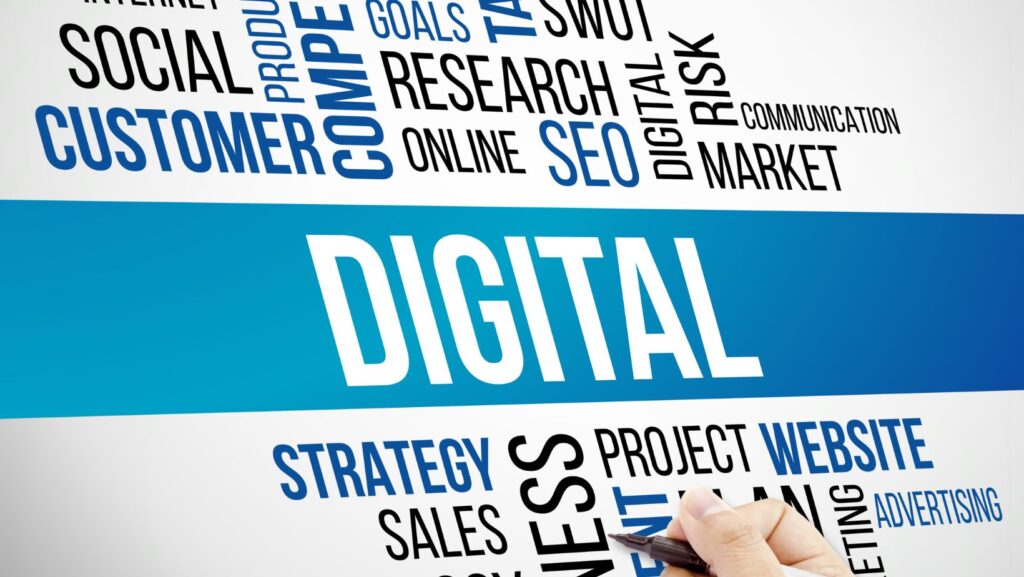The rapid evolution of digital technology is reshaping industries across the globe, and marketing is no exception. Innovative, technology-driven strategies quickly replace the traditional methods of reaching consumers. Companies that embrace these changes stay competitive and redefine how they engage with their target audiences. With technologies such as artificial intelligence, big data analytics, and automation becoming more integral to marketing efforts, businesses are witnessing a shift in how they craft and execute their strategies.
This transformation opens the door to new opportunities for personalized marketing, improved customer experiences, and more effective campaign outcomes. As we dive into how digital transformation is shaping the future of marketing, it is vital to recognize the role of cutting-edge strategies that have begun to dominate the landscape, such as data-driven decision-making and interactive customer journeys. For businesses like Australia, exploring digital innovation might start with consulting experts in web design Canberra, as they help optimize digital presence and lay the groundwork for these advancements.
The Role of Data Analytics in Marketing
Digital transformation in marketing has led to the emergence of data analytics as its most important result. Marketers in the current era have access to a vast quantity of data from multiple sources, including customer interactions alongside social media and websites. Businesses can gain a profound understanding of customers by analyzing data that reveals consumer activities, preferences, and market trends. Companies leverage abundant information to develop specific marketing strategies that guarantee their messages reach the suitable audience when it matters most. Through real-time data analytics, companies can optimize their marketing campaigns during their active deployment. Businesses can achieve unprecedented marketing precision through data analysis, resulting in improved ROI alongside better customer satisfaction.

Data analytics creates a requirement to handle and analyze information correctly. The abundance of information makes it simple for people to become overwhelmed, so businesses need suitable tools and strategies to handle this situation effectively. Through their combination of artificial intelligence and machine learning technologies, marketers gain automatic insights to reach precise and swift decision-making results. The speed of data processing and pattern identification capabilities surpass human abilities, thus improving marketing campaign precision. The advancement of AI technology will drive businesses to use their tools more extensively, resulting in superior marketing capabilities.
Artificial Intelligence: The Future of Personalized Marketing
The digital transformation of marketing benefits substantially from implementing artificial intelligence systems. Businesses can produce individualized customer experiences through data analysis, which helps them understand customer behavior patterns. Organizations use AI-powered instruments to supply customized content alongside recommendation services and personalized marketing messages that match individual users’ preferences. Businesses across various industries now use AI to personalize recommendations like Netflix and Amazon while implementing similar approaches to boost customer engagement and revenue.
AI technology makes numerous marketing processes more efficient, including customer service operations. AI-powered chatbots have become standard features on websites and social media platforms, providing automated instant responses to customer inquiries. The bots employ natural language processing technology to have humanlike conversations with users at all times while human support professionals focus on complex issues. Businesses can deliver continuous and smooth customer interactions through improved AI tools that enhance their 24/7 service delivery. AI systems will develop the ability to forecast upcoming trends, allowing marketers to maintain their competitive edge through strategic adjustments in their business plans. You can also learn more about how tools like Salesforce Agentforce can support smarter marketing strategies.
Automation: Boosting Efficiency and Consistency
Another transformative technology is automation. Businesses can streamline repetitive marketing operations, including email campaigns, social media posting, and customer follow-ups through marketing automation platforms. Companies can reduce time costs and save resources through automation methods that deliver consistent marketing campaigns at the correct times. Marketing automation systems through email enable personalized messages to customers based on their behavioral data, which triggers them, for instance, abandoned cart alerts or product suggestion messages at the best moment for delivery.

Marketing teams obtain efficiency through automation, enabling them to dedicate their time to strategic planning and creative marketing activities. Automation delivers precise execution of marketing strategy basics so human marketers can concentrate on developing original campaigns and enhancing customer interactions. The evolution of automation will enable it to merge more fluidly with AI and data analytical systems, creating a more efficient data-oriented marketing strategy.
The Future of Marketing: A Fully Integrated Digital Experience
The digital transformation of marketing will continue to dominate the industry since businesses must utilize advanced technologies to establish better customer engagement. Companies will achieve increasingly sophisticated marketing experiences through advanced AI, data analytics, and automation integrations.
Customers will increasingly use augmented reality (AR) and virtual reality (VR) technologies to experience products before buying them, which will shape their purchasing decisions. Marketers must discover new approaches to integrating emerging tools into their strategies because these tools will continue to advance.


